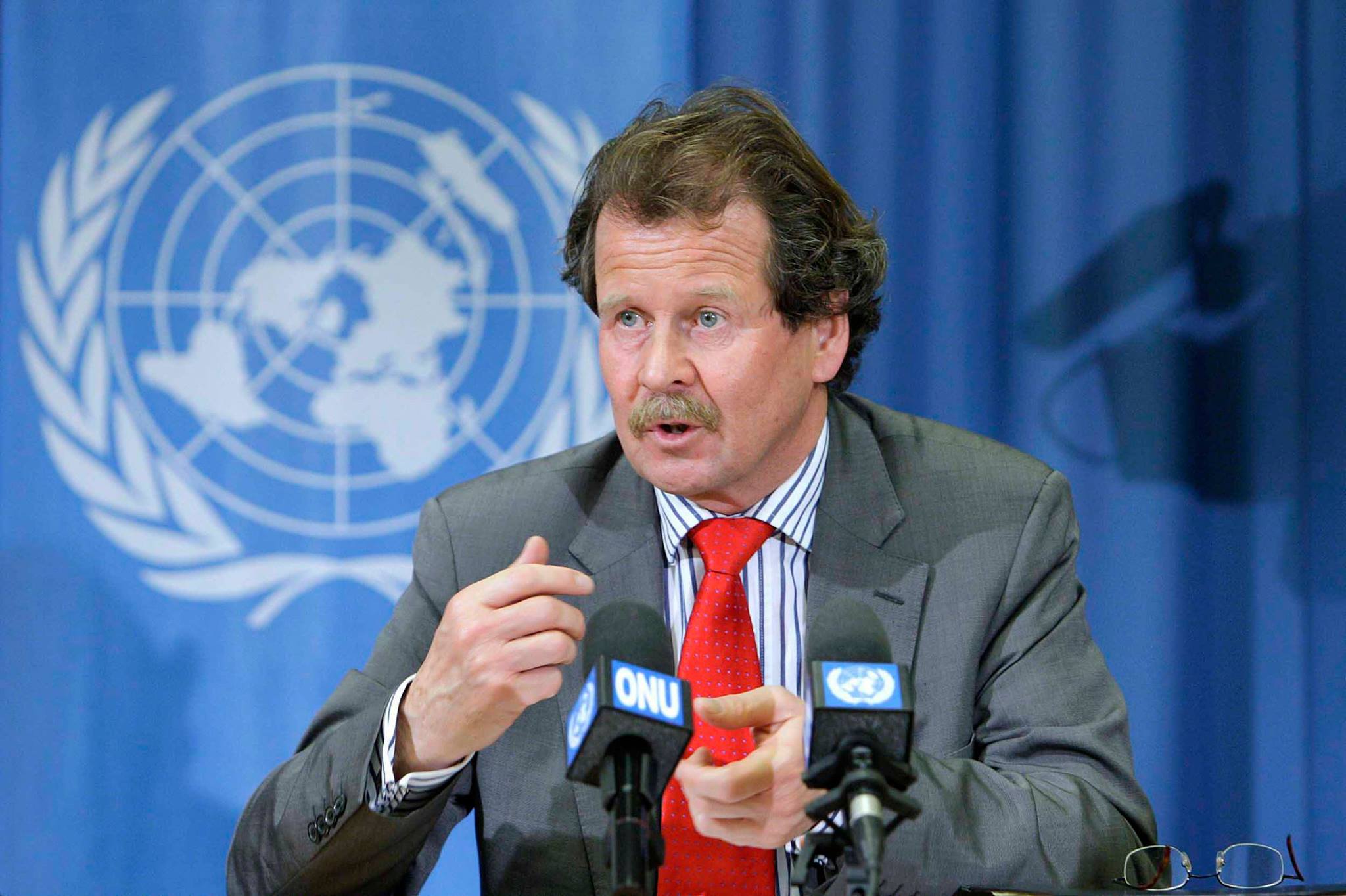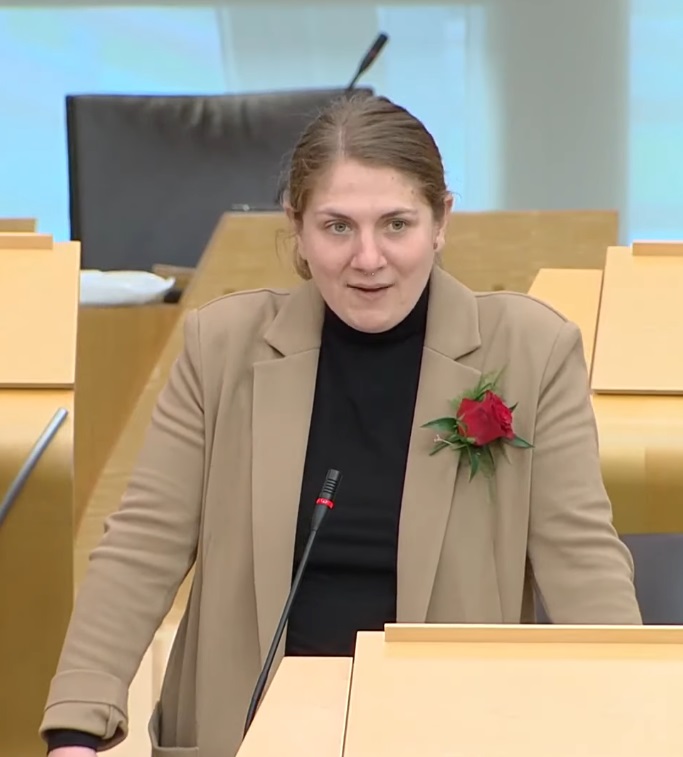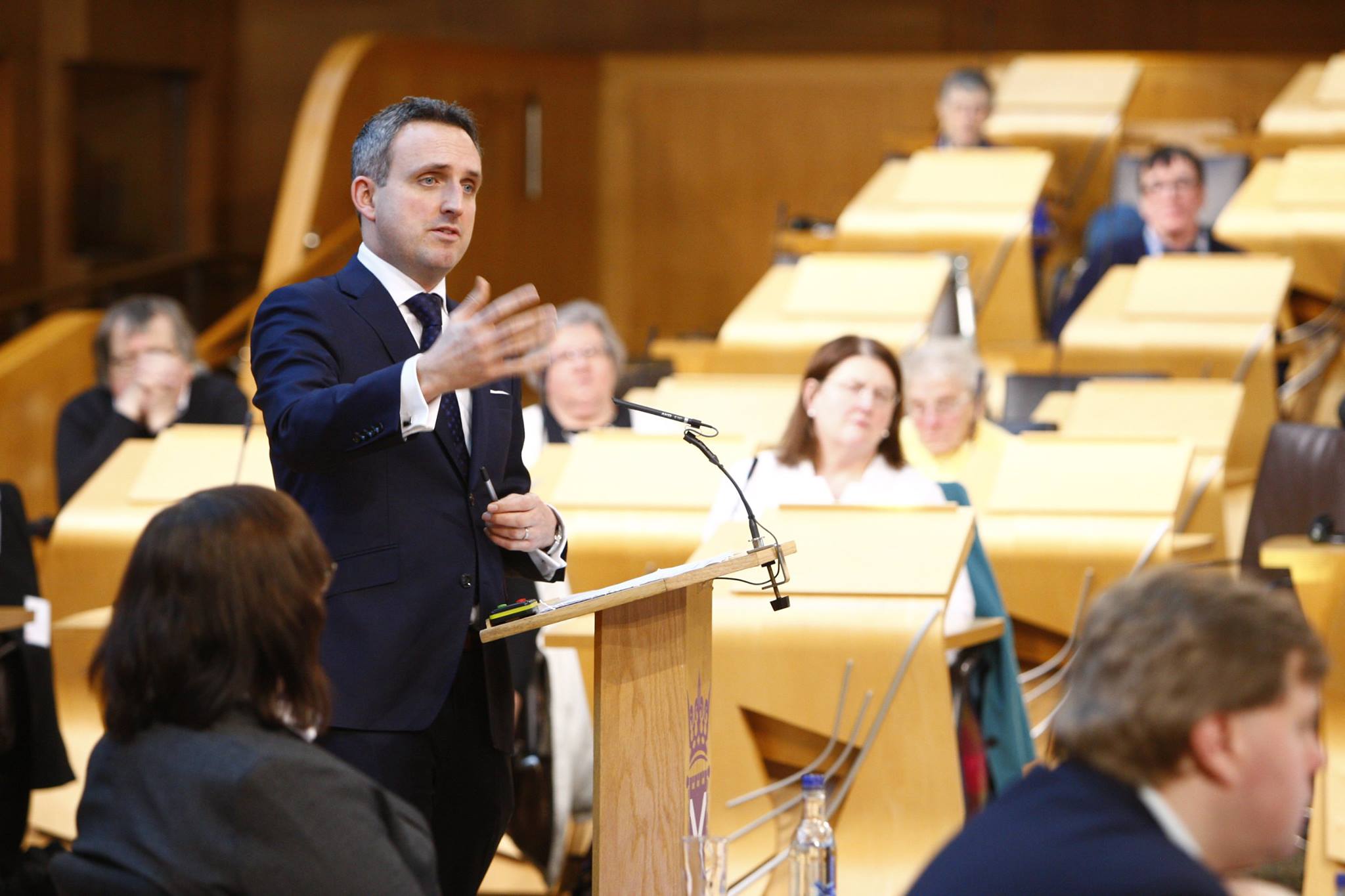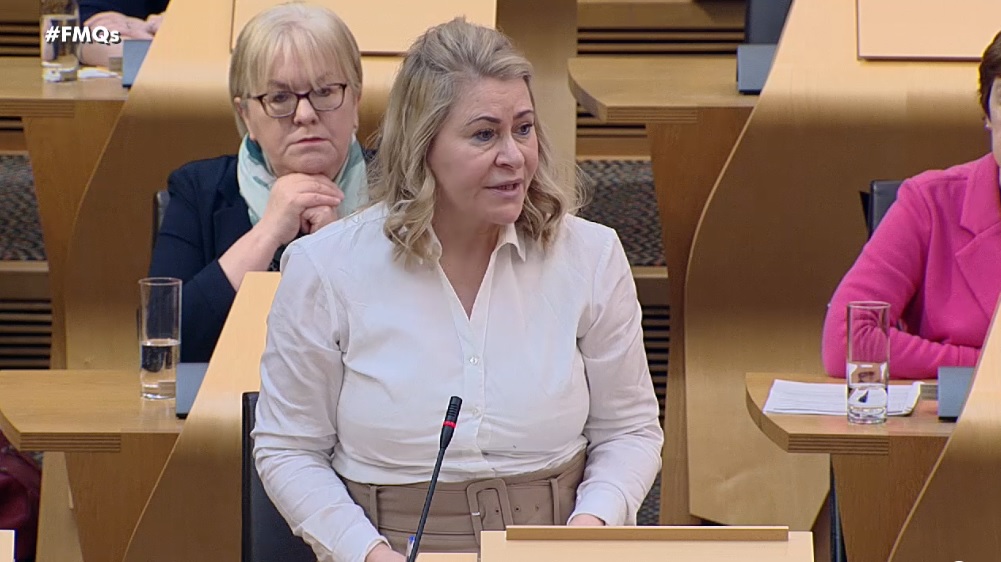
Former UN Special Rapporteur on human rights and secretary-general of the Global Campus of Human Rights, Professor Manfred Nowark, has urged Holyrood to launch an inquiry into allegations of Sri Lankan police brutality against Tamil refugees who fled the island for Scotland.
Nowark has maintained that if the refugees’ claims are established Police Scotland must end its controversial training of Sri Lankan police. He further urged for criminal investigation noting that torture techniques he exposed for the UN in 2007 are allegedly still being used.
“The use of practices such as hanging victims from their limbs, or even their fingers, was something I encountered, as was the use of plastic bags with petrol,” he told the Sunday Post.
Nowark added that “if there is evidence which shows these practices are being used by the police in Sri Lanka, then Police Scotland need to step away from any future training programmes.”
“If Sri Lanka does not co-operate or seek to prosecute, then this matter should be brought before the international courts as cases have been in the past”.
This statement comes as a number of Scottish parliamentarians and human rights organisations have expressed grave concern over the abuses committed by Sri Lankan police and the training provided by Police Scotland.
Uproar in Scottish Parliament

MSP Mercedes Villalba has written to the British High Commission her concern that Police Scotland’s training of Sri Lankan police has gifted the Colombo regime “an unwarranted legitimacy” and is “a smokescreen for human rights abuses”.

Scottish Lib Dem leader Alex Cole-Hamilton has also voiced concerns stating:
“Any continuation of the training arrangement Police Scotland has with Sri Lanka brings us worryingly close to a complicit relationship with people who we now know are committing torture and rape on an industrial scale”.

Labour’s Shadow Justice Secretary Pauline McNeill echoed these concerns stating:
“It’s vitally important victims of torture and human rights abuses know we are watching and listening".
Read more here: 'Scotland's actions on human rights is totally inadequate' - MSPs raise concern over training contract with Sri Lankan police
‘A first move towards justice’
These parliamentarians have been supported by a range of human rights organisations including Pax Christi Scotland, which told the Sunday Post that they hoped “this may be the first move towards getting justice for Sri Lanka’s torture victims”.
ProgrammeCoordinator for the International Truth and Justice Project, Frances Harrison, remarked that: “If Scotland took these ground-breaking steps they would lead the way across the world by showing the perpetrators of torture cannot escape their crimes”.
She further stated:
“A parliamentary inquiry would act as a beacon of light to the thousands of victims of torture who live in silence and fear around the world, and send an important message to Sri Lanka that their actions will not be tolerated.”
Amnesty International UK’s Scotland director, Naomi McAuliffe, told the Sunday Post:
“We have asked to see evidence that Police Scotland takes human rights into consideration before entering into any overseas training agreement and have received no assurances […] There has to be consideration not only of whether overseas forces have been involved in human rights abuses but how Police Scotland’s involvement might contribute towards helping other forces to conceal or downplay their human rights atrocities.”
Human Rights Watch’s South Asia Director, Meenakshi Ganguly, has urged UN countries to speak out against Sri Lankan abuses highlighting that “since Rajapaksa took office, the limited progress Sri Lanka had made in addressing atrocities and ending abuses has been disastrously reversed”.
“Continued international attention and pressure can help reduce the risks faced by minority communities, activists, and journalists, who live in heightened fear of the authorities”, she maintained.
Responding to this mounting pressure, Assistant Chief Constable Gary Ritchie has claimed that “Police Scotland does not have the jurisdiction to investigate crimes committed by Sri Lankans in Sri Lanka”.
The Scottish Government has responded insisting that “any decision on whether to hold a parliamentary inquiry would, of course, be for the Scottish Parliament”.
They added that “it is a matter for the chief constable of Police Scotland to agree the details of any training programme in Sri Lanka, with oversight and scrutiny of his decisions being provided by the Scottish Police Authority”.
Campaigners have highlighted that it remains within the power of Scottish Justice Minister, Keith Brown, to cut ties with Sri Lanka’s Police force over concerns of human rights abuses.
Read the full Sunday Post article and victim testimonies here.
